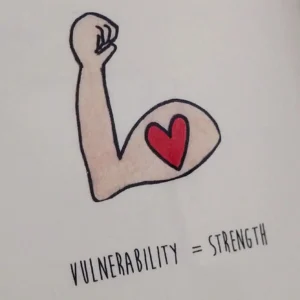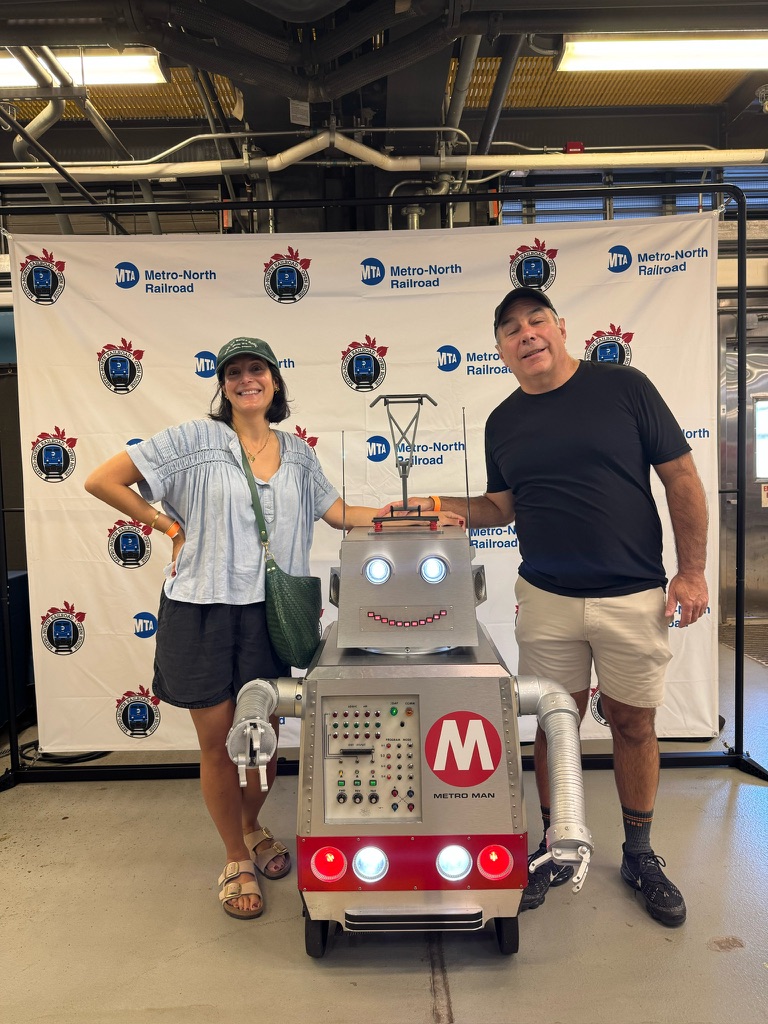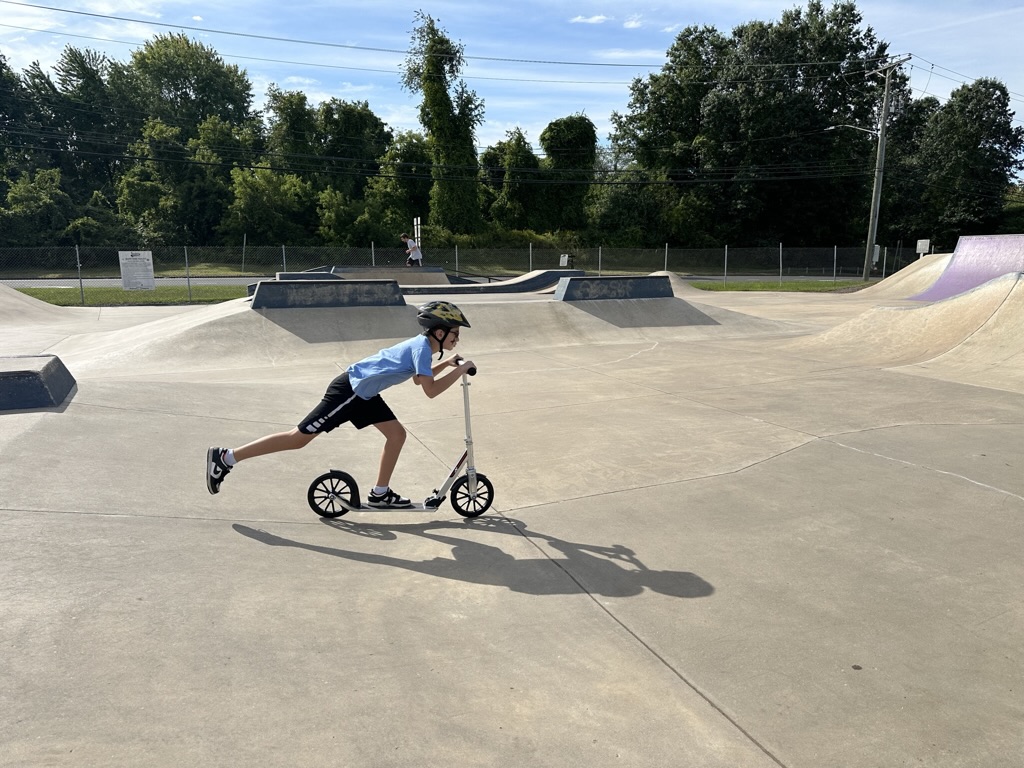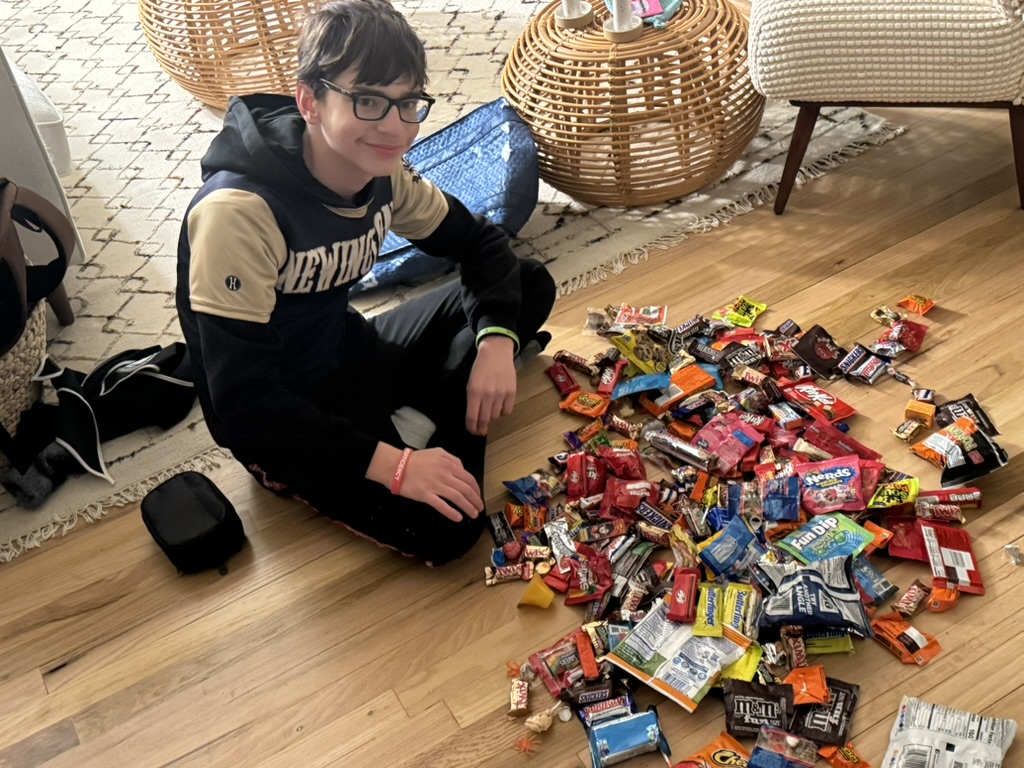Someone told my client that you shouldn’t become emotional onstage when speaking or performing because it denies the audience an opportunity to feel things for themselves.
My client thought this advice sounded off and asked me if it was true.
I told her it was ridiculous, of course. Stupid, even.
What I really said was this:
“The person who gave you that advice is a very stupid person.”
Then I said, “Let me revise that statement, because very intelligent people sometimes say very stupid things. I don’t know anything about the person who offered you this advice, but in this particular case, their thinking and advice are stupid.”
Surprisingly, the person offering the advice is a highly successful public speaker.
Again, that doesn’t preclude them from sometimes saying or believing something stupid.
I say and do stupid things all the time.
However, in this case, I am absolutely, positively correct.
It is perfectly fine, completely understandable, and often advantageous to become emotional onstage when performing, particularly if the moment calls for it. I often say that storytellers and speakers should not reach a “snot-bubble” level of emotion, but if a speaker becomes choked up, verklempt, or even teary-eyed for a moment while onstage, it’s perfectly fine and often expected.
The audience should never feel like you’re using them for some public form of therapy, but as long as you’ve processed the moment in question, attained perspective, understanding, and equilibrium with it, and moved forward in a healthy way, then becoming emotional is absolutely, positively fine.
I become emotional in many of my stories because I’m sharing emotional moments from my life. In many ways, I’m re-living those moments onstage for the benefit of the audience. I’m seeing these moments in my mind’s eye, occupying spaces, seeing faces, and feeling feelings from the past.
When I tell the story of the death of my mother, of course, I become emotional.
When I tell the story of the moment my friends became my family, I always become a little emotional. I can’t speak a sentence of that story without feeling myself well up with emotion, even if that sentence is spoken in isolation.
When I tell stories about my children, regardless of the context, I often find myself becoming emotional.
When I tell stories about the life and death of my dog, Kaleigh, I always get a little teary-eyed.
When I tell the story of the robbery and torture at the hands of three armed men — the source of my PTSD — I always become emotional.
It would be weird if I didn’t.
These are just three of many examples of moments onstage when I become emotional.
I’ve become emotional in theaters, corporate boardrooms, churches and synagogues, libraries, community centers, outdoor festivals, and school auditoriums. I became emotional while training FBI agents at the FBI Academy in Quantico.
No one had any problem feeling their own feelings simply because I expressed my own. My moment of visible emotion did not somehow hotwire or alter the audience’s emotional response. People felt how they felt, regardless of me or my response. No one thought I was any less of a speaker, storyteller, or expert. No one thought I was weak or fragile.
In fact, the willingness to express honest emotion in front of others is not a demonstration of weakness but a signal of strength. People who are willing to be vulnerable in front of others are almost always demonstrating enormous courage.
Just to be clear:
This is not the case for me. I have always been able to say anything in front of an audience without worry, fear, or nervousness of any kind. I’m not implying I am an especially courageous person.
But for almost all other people, public speaking — especially when speaking about your own life — is not easy. Doing so while also willing to be vulnerable is enormously courageous.
This is also why we should stop apologizing when we become emotional in front of others. I attended a conference this summer where three speakers addressing the audience became choked up and had to pause for a couple of seconds to collect themselves. Each time the person apologized for their moment of emotion, and each time, I wanted to rise from my seat and shout:
“No! We do not apologize for being human! We do not apologize for our willingness to be vulnerable in front of others! That apology stifles and even frightens others from being vulnerable in the future! Stop it!”
I didn’t say this, of course, but I spoke to each person privately and explained why their apology was unnecessary and perhaps even counterproductive to those listening.
All of this makes the advice my client received about not becoming emotional onstage stupid.
I suspect one of three things is happening here:
- The person offering the advice is uncomfortable with becoming emotional onstage and, therefore, has developed a belief system around their own discomfort. If it feels wrong to them, it must be wrong.
- This person does not connect with their story onstage and therefore does not become emotional while telling it, so they wrongly assume that those who can and do are somehow appearing fragile in front of their audience.
- This person does not tell stories as part of their keynote. They only offer things like ideas, strategies, data, and principles, absent any personal stories, so there is nothing for them to ever become emotional about. Therefore, watching someone else become emotional onstage makes no sense to them, so they assume something is not right when it happens.
In all three cases, their advice is probably not nefarious or intentionally self-serving. They simply see the world through the lens of what they can do, and as a result, they have developed a guiding principle around that limitation.
But they are woefully, dreadfully wrong.
Their advice to avoid becoming emotional onstage is stupid.
Apologizing for becoming vulnerable in a public setting is also a bad idea.
Okay?









